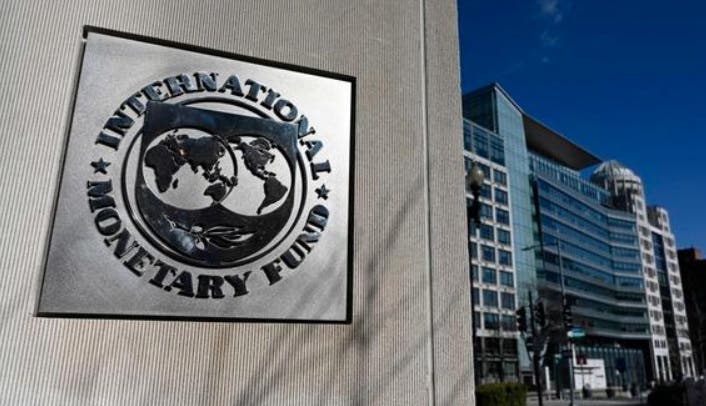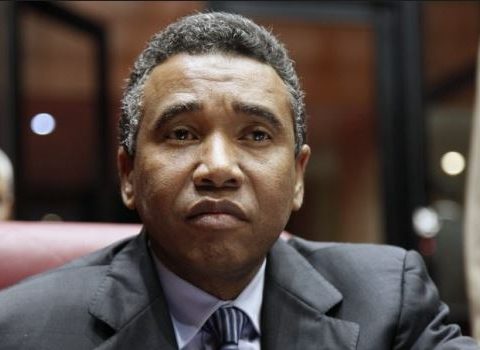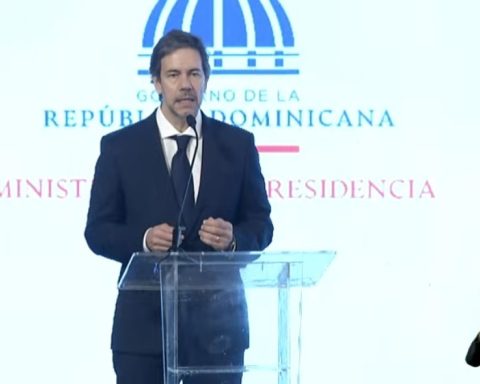The Executive Board of the International Monetary Fund (IMF) concluded the Article IV consultation with the Dominican Republic, and considered and approved the assessment prepared by the technical staff without holding a meeting.
A track record of sound policies and strong institutional policy frameworks have helped the Dominican Republic achieve robust and resilient economic growth with low inflation over the past two decades.
Effective policies contributed to a moderation in growth that facilitated a prompt and sustained return of inflation to its target level last year and subsequently supported the recovery, while close monitoring of the financial sector supported macro-financial stability.
The expected improvements in policy frameworks and the deepening of structural reforms, particularly comprehensive fiscal and electricity sector reforms, have the potential to further promote stability, competitiveness and inclusive growth.
Following a strong recovery after the pandemic, economic growth slowed to 2.4 percent in 2023 due to tighter global and domestic financial conditions, weak export demand, and mainly transitory domestic factors of climatic nature.
The slowdown in growth, coupled with the decline in commodity prices, caused inflation to converge sooner than expected towards the target range (4±1 percent).
In response, the Central Bank of the Dominican Republic (BCRD) prudently and appropriately lowered its main policy rate, allowing for greater exchange rate flexibility and increasing its foreign exchange interventions to smooth out daily exchange rate volatility. Fiscal policy was also prudently adjusted to support the economy.
The current account deficit in 2023 narrowed sharply to 3.6 percent of GDP and was fully financed by foreign direct investment flows (FDI). The financial sector has weathered the period of monetary policy restrictions and lower growth well, and is adequately capitalized and profitable.
Supported by sound macroeconomic policies and fundamentals, the outlook is positive despite high uncertainty, mainly global. For 2024 and in the medium term, real GDP growth is projected to be around its long-term trend of 5 percent, with inflation around the 4 percent target.
The current account deficit is projected to gradually narrow to less than 3 percent of GDP and remain fully financed by FDI.
Short-term risks to economic performance arising from more volatile global financial conditions restrictivegeopolitical tensions and volatile commodity prices have moderated since last year but remain elevated and biased downwards.
In the medium term, risks are more balanced with upward biases if the main reforms are successfully implemented.
Evaluation of the Executive Board
At the conclusion of the 2024 Article IV consultation with the Dominican Republic, the Executive Directors endorsed the technical staff’s assessment in the following terms:
A track record of sound policies and strong institutional policy frameworks have helped the Dominican Republic achieve robust and resilient economic growth with low inflation over the past two decades. Effective policies contributed to a moderation in growth that facilitated the rapid and sustained return of inflation to its target level in 2023.
The authorities provided timely policy support to support the recovery while closely monitoring the financial sector. The external position improved significantly in 2023 and was consistent with economic fundamentals and recommended policies.
The outlook is positive despite high uncertainty, mainly global. For 2024 and beyond, real GDP growth is projected to be around its long-term trend of 5 percent, with inflation around the target (4±1 percent). Over the medium term, the current account deficit, which is expected to be fully financed by FDI, is projected to narrow gradually.
In the short term, downside risks predominate, such as the United States maintaining a more restrictive monetary policy for longer, the intensification of regional conflicts or the occurrence of meteorological phenomena local extremes but are more balanced over the medium term and some tilt upwards if reforms are successfully implemented. Existing levels of space, expanded contingency plans and strong and agile policy formulation can help to cope with adverse shocks.
In the short term, policy priorities should remain focused on maintaining macroeconomic and financial stability, which includes increasing exchange rate flexibility.
Monetary policy normalisation can continue, given that there is still slack in the economy and inflation is firmly within the target range.
Measures to expedite the recapitalization of the central bank should continue to be prioritized in order to strengthen its autonomy. Efforts should continue to deepen the foreign exchange market, expand the use of hedging mechanisms, and limit foreign exchange interventions to major shocks that trigger changes in the economy. destabilisers in hedging and financing premiums, in order to continue supporting exchange rate flexibility and thereby further enhance the effectiveness of the inflation targeting regime. Although international reserves are generally adequate according to traditional indicators, additional reserves need to be accumulated to increase the space to cope with future shocks.
Fiscal policy should remain focused on restoring fiscal space and addressing essential expenditures. The fiscal responsibility law and its planned implementation are welcome and constitute important steps towards further anchoring medium-term policies and continuing to ensure debt sustainability.
The gradual fiscal consolidation envisaged by the authorities, in line with the law, is appropriate to put debt on a firm downward path and create fiscal space. Comprehensive fiscal reform is imperative to durably increase tax revenues—by eliminating tax exemptions and broadening the tax base—and improve spending efficiency, particularly by reducing electricity sector subsidies and untargeted transfers. This will create space for necessary development spending (including on disaster-resilient infrastructure) to promote inclusive growth.
The financial sector remains resilient and adequately capitalized, and efforts to modernize the regulatory framework in line with the current economic conditions must be maintained. international standards most recent. The sector was able to weather the period of high interest rates and low growth in 2023 well.
Stress tests show that the banking sector is well-positioned to absorb a variety of shocks. Given higher-for-longer interest rates and previous upticks in credit growth, careful monitoring remains necessary to contain any build-up of vulnerabilities. Modernizing the financial and prudential regulatory framework, coupled with expanding the macroprudential toolkit and closing regulatory and supervisory gaps (including for credit unions), will further increase the resilience of the financial sector.
Ongoing efforts to improve public institutions and the business climate are essential to preserve the strong investment and growth trajectory. Further strengthening the fiscal policy framework and the efficiency of expenditure and revenue requires continued improvements in public financial management and further strengthening revenue administration.
Educational and labour market reforms, together with further improvements in social achievements and the adoption of adaptation and climate mitigation, will be crucial to supporting inclusive and resilient growth and further reducing vulnerabilities. The authorities should continue their efforts to fully implement the Electricity Pact.

















